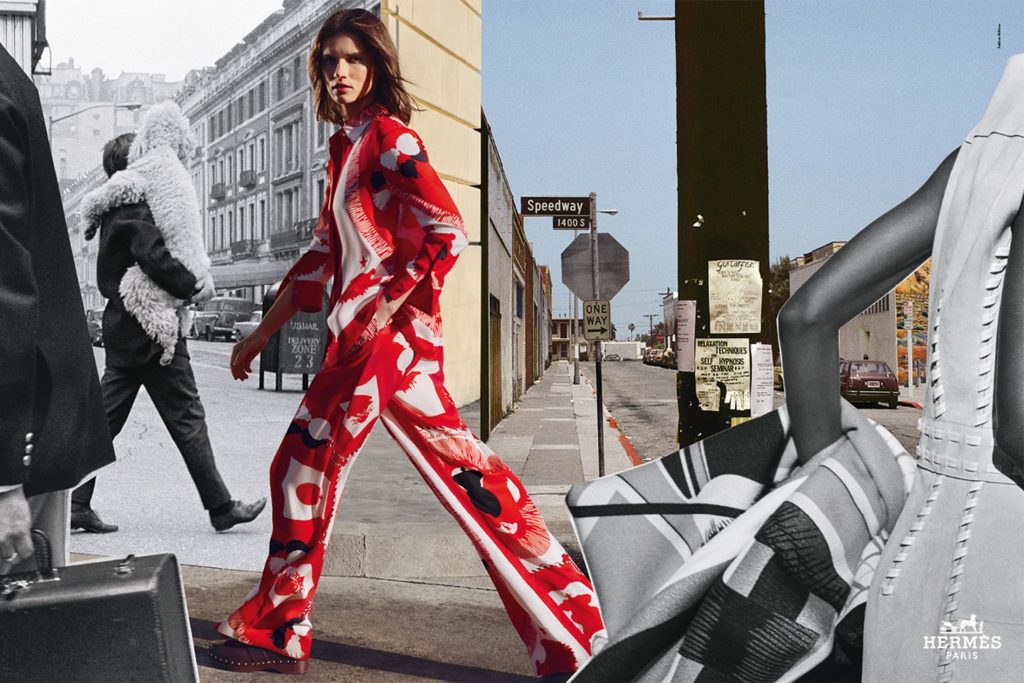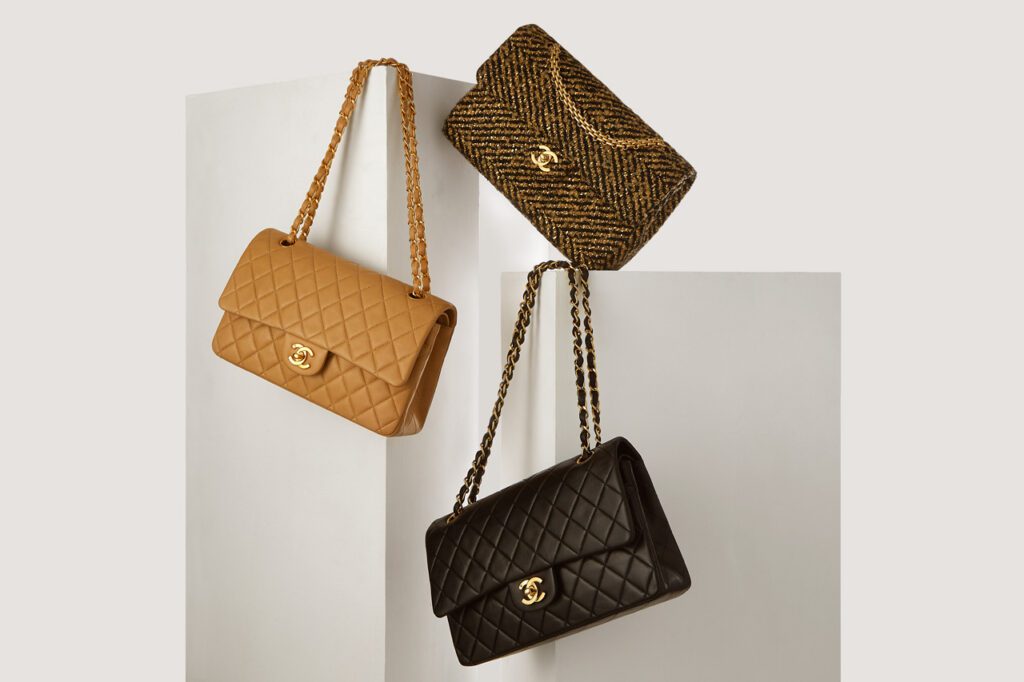As non-essential businesses begin to reopen across the U.S. and beyond, companies are trying to make sense of the market as it currently stands and what the evolution of luxury consumer behavior will look like both in later phases of the COVID-19 pandemic and thereafter. To take the pulse of the $1 trillion-plus global luxury goods industry, the Luxury Institute conducted research with its Global Luxury Expert Network in mid-May 2020.
Consisting of hundreds of luxury experts from an array of different goods and service sectors (all of whom have a minimum of 12 years of executive-level luxury experience, and a proven track record of success), the Luxury Institute’s Global Luxury Expert Network (“GLEN”) provides real-time insights, intelligence, and recommendations on the global luxury market. The research confirms five fundamental shifts currently occurring in the luxury market that are anticipated to continue through 2021 …
1. Reprioritization of spending leads to local, risk-averse consumerism
Highlighting the fragility of life and the importance of health, the pandemic has shifted the luxury consumer mindset to prioritize necessities over desires and environment over experiences; leading to risk-averse consumerism. In an attempt to protect their families and communities, luxury consumers are electing to support local businesses, and those in need.
Meanwhile, luxury brands are placing greater reliance on local and in-house manufacturing and resources, reducing their reliance on foreign production and reimagining their business models to cater to a new world. Together, this is causing a shift from globalism to localism for the foreseeable future. Additionally, self-isolation has resulted in the prioritization of purchases that serve current at-home needs and possible upcoming “shelter in place” requisites, positioning home goods, services, and safe havens that serve the now, and the near future, at the forefront.
2. Physical distancing accelerates the transition to e-commerce platforms
Luxury consumers are particularly intent on controlling their environment and safeguarding their wellbeing. As uncertainty prevails and luxury retail stores labelled as “non-essential” are forced to remain closed, e-commerce is quickly becoming the new standard of exchange for luxury brands. The brick and mortar store concept, which was once at the core of luxury consumerism, is no longer the most critical channel, and will remain subdued for a while. As such, online consumerism is becoming a habit that even baby boomers are growing accustomed to.
While brick-and-mortar stores will eventually resume business when consumers feel safe to do so, e-commerce, and curated online experiences are expected to remain the lifeblood of luxury commerce.
3. Demand increases for domestic, secluded, and privatized travel
Travel advisories, restrictions, and safety concerns continue to severely limit international travel. As a result, a rise in demand for domestic travel, secluded vacation rentals, intimate yachting charters, and private aviation is anticipated to continue. This will enable luxury consumers to more easily control and sanitize their environment, and refrain from large crowds.
Travel advisors are requesting extra special benefits and care guarantees for their affluent clients before they will book a trip. “Rather than electing to stay in populated resorts, consumers may opt for high-end vacation rentals, where they may practice safe distancing,” a member of the GLEN stated. The fear of contracting COVID-19 is expected to influence luxury consumer travel decisions for the next 24 months and the tourism sector is wise to focus primarily on domestic and private travel.
4. Conscious consumerism gives rise to new brand narratives
With the reprioritization of spending from discretionary to essential products and services, conscious consumerism has heightened—luxury consumers are paying greater attention to the brands they choose to support and endorse. In addition, safety concerns are placing newfound emphasis on environmental impact and community wellbeing. Luxury brands that are transparent, flexible, communicative, and supportive during these unprecedented times are set to become the trusted brands of the future.
More than ever before, a focus on consumer and employee health, ecology, sustainability, and society at large matters, and will drive new brand narratives for the foreseeable future. Brands that authentically and consistently communicate shared values, and deliver on the promise, are poised to be rewarded.
5. Personalization and individualization become paramount
Luxury, which at its essence has always been a means of expression, now requires acute personalization—luxury brands are expected to design and cultivate a tailored experience for consumers that is sensitive to, and indicative of, the current times and their individual preferences and needs. The shift to digital commerce enables ethical data sharing, which is prized for enabling algorithms and predictions. Luxury brands need to utilize this data to become more “personable and relevant,” said a GLEN member.
Additionally, as luxury brands plan to entice consumers back into brick and mortar stores, personal shopping experiences that meet the needs of ultra-high spenders are expected to become a permanent service offering.











